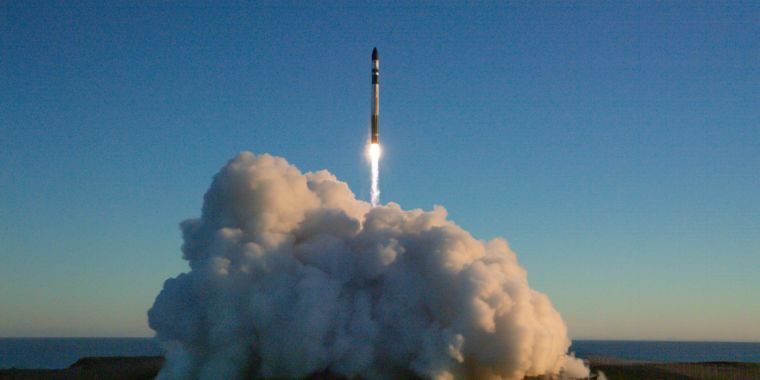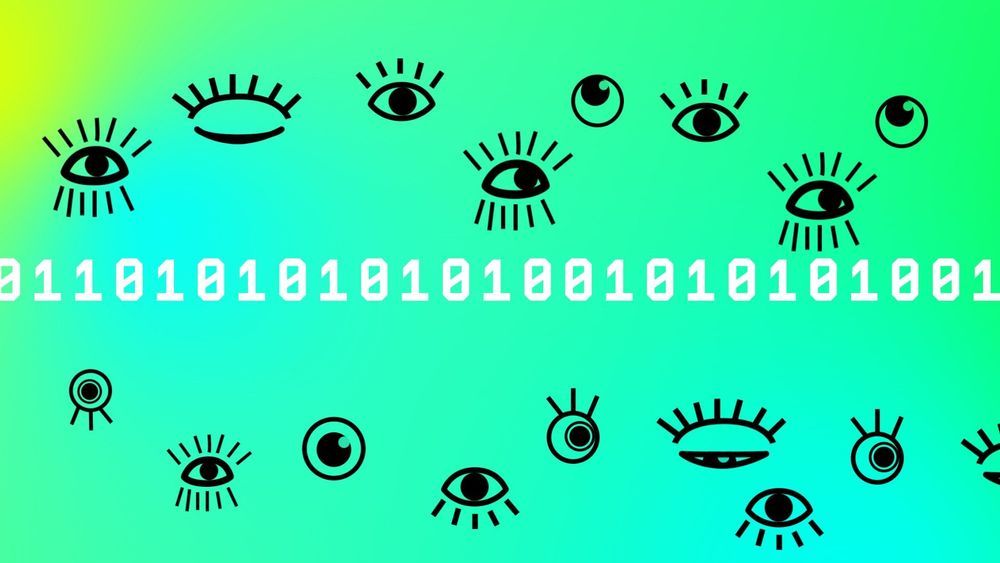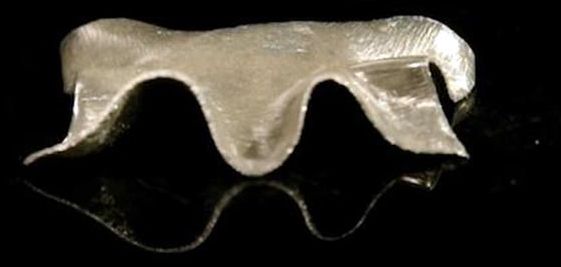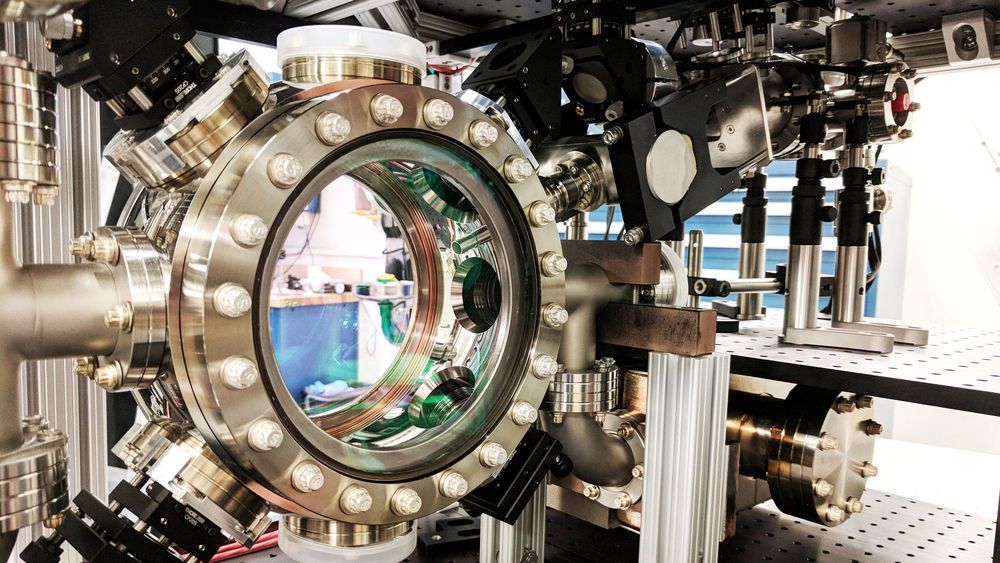A Rocket Lab spokesperson told Ars that the new service, launching on an Electron rocket, would be capable of sending up to 30kg into lunar orbit and be available as soon as the fourth quarter of 2020. As for pricing, it was not disclosed. “Pricing is tailored to mission requirements, but we’ll be bringing previously impossible missions within reach at attainable prices,” the spokesperson said.
The “Photon” spacecraft is essentially a small third stage for the Electron rocket that provides in-space maneuvering capability for payloads. It combines propulsion, power, attitude determination and control, and radiation-tolerant avionics. These combined capabilities will allow Rocket Lab to deliver small spacecraft on lunar flyby missions, into a Near Rectilinear Halo Orbit (where NASA intends to build a small space station called the Lunar Gateway), L1/L2 points, or lunar orbit. It will take up to 14 days for the Photon vehicle to deliver a payload to lunar orbit.






